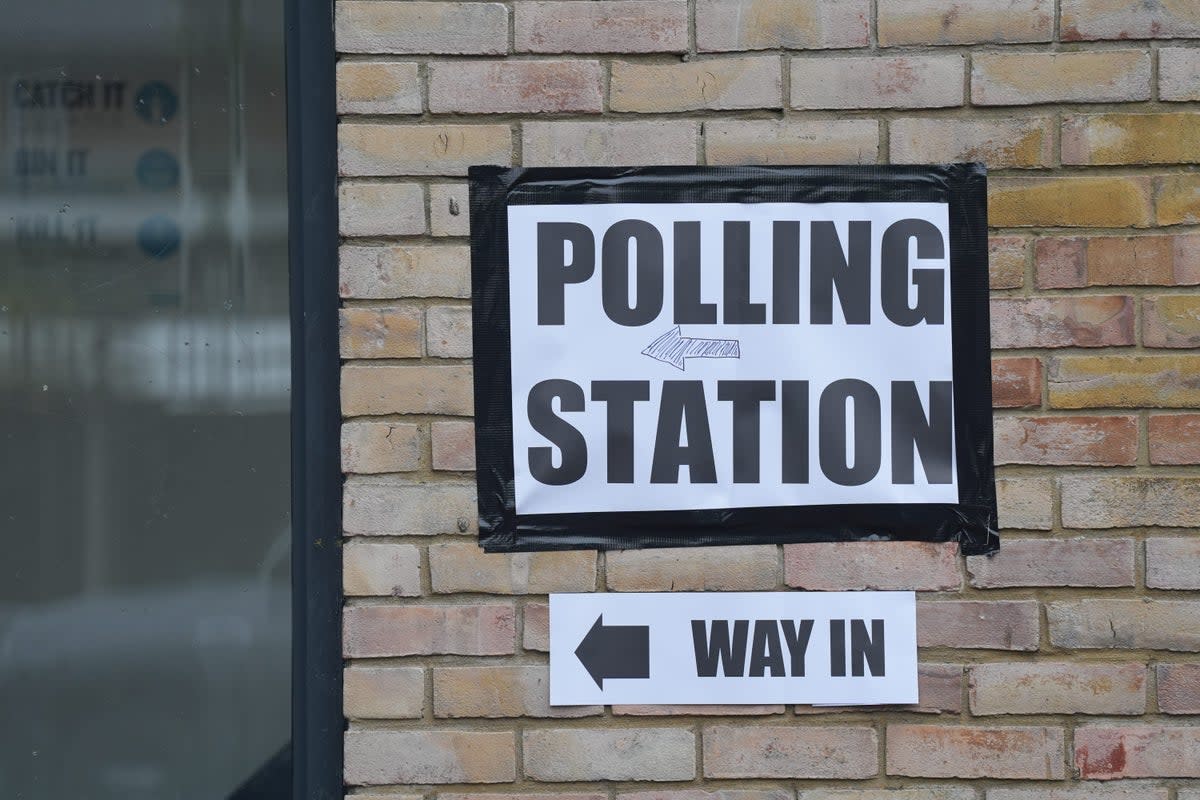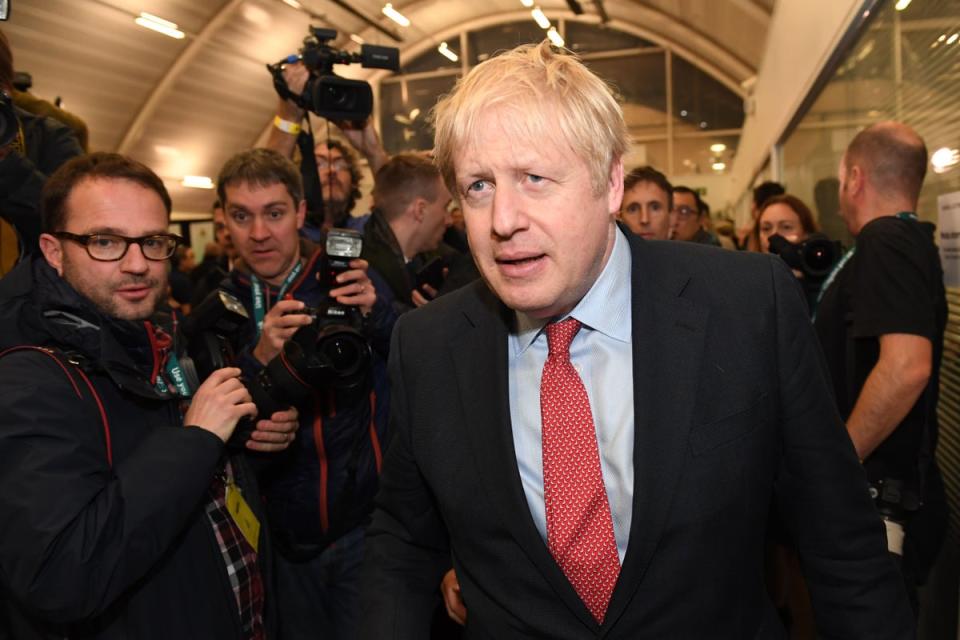When is the next UK general election?

The public has made its decision on the next government and Labour will lead the nation for the upcoming few years.
Following his party's resounding victory in the general election, Sir Keir Starmer became the first Labour prime minister to hold the position after 14 years of Tory government.
Sir Keir has replaced Rishi Sunak and has now been formally anointed by the King at Buckingham Palace.
Before the group meets for the first time on Saturday, Sir Keir is anticipated to start appointing members of his new government today (Friday, July 5).
But when was Labour last in power and when is the next UK general election?
When was Labour last in power in the UK?
Labour was last in power in 2010.
On May 6, 2010, though no party was able to secure the 326 seats required for a majority, the ruling Labour party, led by prime minister Gordon Brown, lost the 66 seats it had previously held.
Despite garnering the most votes and seats, the Conservatives were still short by 20 seats. As a result, no party was able to secure a majority in the House of Commons, leading to a hung parliament. This resulted in the Conservatives teaming up with the Liberal Democrats to form a coalition.Only two general elections have resulted in a hung parliament after the Second World War; the first was held in February 1974. This election marked the start of a 14-year Conservative government.
When is the next UK general election?
Elections generally take place every five years. The next general election is expected in 2029, unless the prime minister calls one early.
When was the last UK general election?
The last general election was on Thursday 4, 2024, when Labour beat the Conservatives.
Following the 179-seat majority won by former prime minister Tony Blair in 1997, Labour secured its second-largest majority. In contrast, the Conservative party saw its worst-ever performance in terms of seats.
As of writing, two seats still remain, but Labour leads with 412 seats while the Conservatives hold 121.

When can a UK general election be held?
The government of the day can decide when to call a general election.
The Dissolution and Calling of Parliament Act 2022 revived the power of the monarch to dissolve Parliament, at the request of the prime minister of the day.
On March 24, 2022, the Government repealed the Fixed-Term Parliaments Act 2011, which had created five-year periods between elections and allowed earlier elections only in specific circumstances. The UK thus reverted to the previous situation, when the prime minister could ask the King to dissolve Parliament so a general election could be held.
When the act was repealed, the then-minister for the Cabinet Office, Michael Ellis, said: “The Fixed-Term Parliaments Act was not fit for purpose, causing constitutional chaos in 2019 and delaying the Government acting on people’s priorities.
“At critical moments, we must trust the British public’s good judgement. Elections give the public a voice, and it’s right that we return to a tried-and-tested system that allows them to take place when needed.”
Why is the UK general election on a Thursday?
There is no statutory requirement for parliamentary elections to be held on Thursdays; by law, they can be held on any weekday.
However, using Thursdays has become an election tradition. Since 1935 every general election has been held on a Thursday.
It was suggested that this would encourage more people to vote. It has been thought that elections on a Friday would have had lower turnouts given people’s desire to begin their weekends.
Saturday and Sunday were believed to have been ruled out given the need to pay extra for polling staff (typically local council employees) to work on weekends.

 Yahoo News
Yahoo News 
